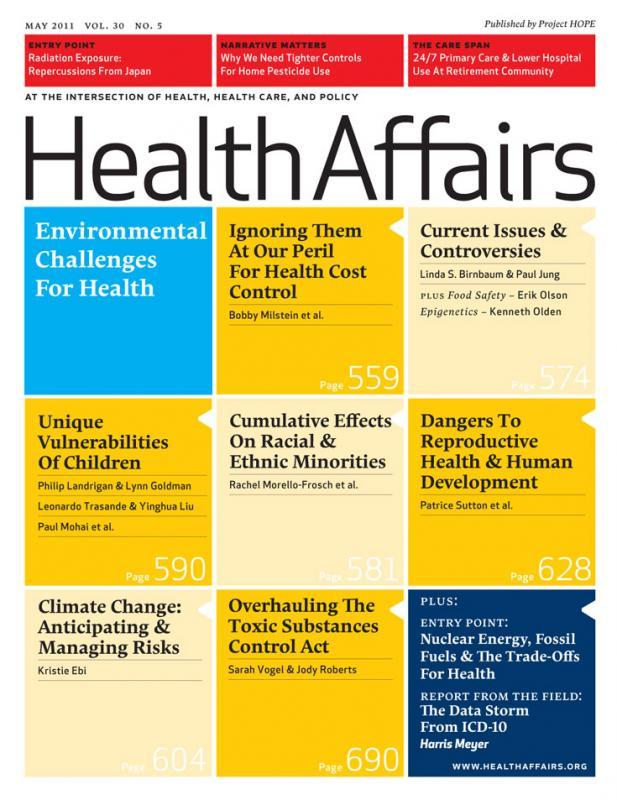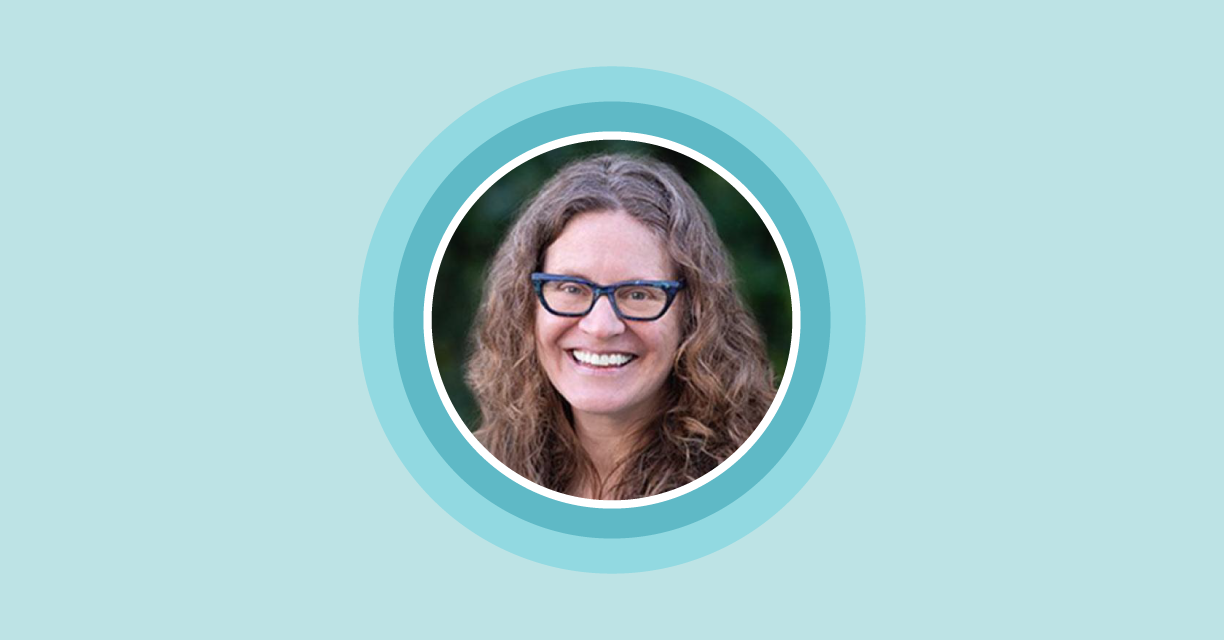HeadlineAn evaluation of the social, environmental, and economic benefits of an affordable housing program in Baltimore demonstrates that the program generates between $1.30-$1.92 of “social return" in the community for every dollar invested annually. ContextStakeholders are increasingly seeking evidence demonstrating the value of interventions focused on addressing health-related social needs. Social-return-on-investment (SROI) analysis is a method of cost-benefit assessment that measures social value of an intervention and may provide a broader understanding of program impact than traditional ROI analyses. SROI analysis was used to evaluate economic, environmental, and social impacts of an affordable housing program run by Bon Secours Hospital in Baltimore, Maryland. At the time of the study in 2019, Bon Secours owned 801 affordable housing units and, through the “Housing for Health” program, provided reduced-rent housing with a variety of onsite features and wrap-around support services. FindingsResults suggest that Bon Secours’ affordable housing program has significant social value, generating between $1.30 and $1.92 of SROI in the community for every dollar spent in yearly operating costs. The article outlines the six-step methodology for conducting SROI analysis, which can be used to evaluate social outcomes that are challenging to quantify in traditional economic analyses. TakeawaysStakeholders seeking to evaluate programs addressing health-related social needs such as housing may consider conducting SROI analysis to capture the full, societal value of these interventions. |
A Social-Return-On-Investment Analysis Of Bon Secours Hospital’s ‘Housing For Health’ Affordable Housing Program
Source
Health Affairs
https://www.healthaffairs.org
Peer-Reviewed Article
March 2021
Posted to The Playbook on
Collections


